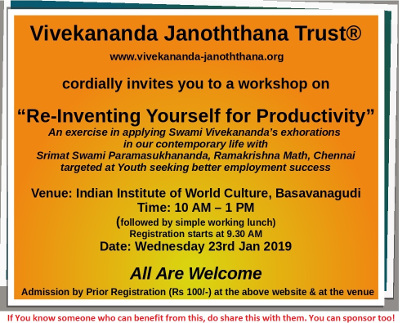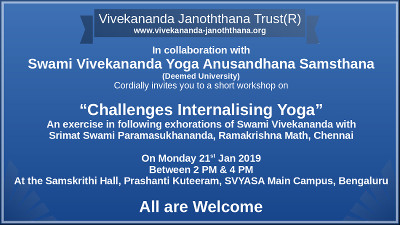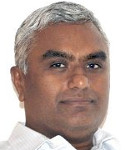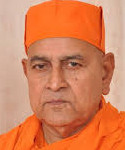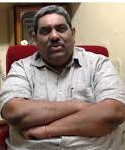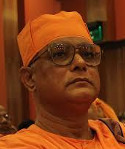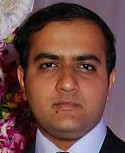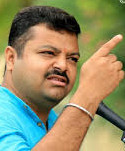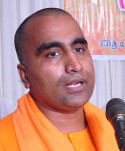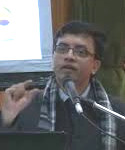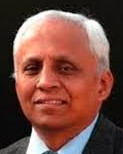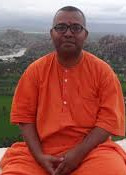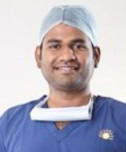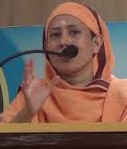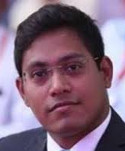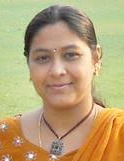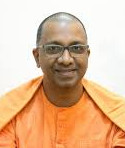Swami Vivekananda, the epitome of the ideal for the Indian youth, gave a rousing and inspiring speech at the World’s Parliament of Religions in 1893 that is very relevant and appropriate to us even today. His speeches and writings capture within it, the universal Dharmic wisdom that most contemporary youth miss out.
The Indian youth today have their unique challenges in growing up into mature, productive, and responsible citizens. Many have shortage of relevant and usable skills. Given the widespread narcissistic entitlements mindset, nurtured through shortsighted public education policies over the years, they lack the entrepreneurial drive to solve their immediate problems. Additionally, significant numbers have had deep conflicts within their individual selves—a frustration with their contemporary world, values raised versus values paraded by politicians and cinema.
For many, these conflicts arise from their deep entrenched beliefs and hate-narratives, that are consumed unconsciously over a long period of time. These lead to impulsive behaviors, more so during their adolescence, triggering sporadic health and character risk behaviors as well as associated harm to oneself and others around.
Very few have dared to mold their lives in the enlightened world views of our sages, more so of Swami Vivekananda—in getting higher purposes of life, setting immediate and meaningful goals to achieve, in building up concentration and focus on work they embark on, to excel in the skills of stress management or in regulating their emotions and growing more mature or in resolving conflicts within oneself and around.
While there have been several dedicated and institutionalized efforts from across top universities in understanding and leveraging Dharma, Vedanta, and Yoga methods, techniques and principles in light of advances in Neurosciences and digesting them into Neurosciences, there has been inadequate progress within India in the past decades to explore and understand Vedanta, Yoga, Sadhana, and Indic mysticism—for enabling the honest empowerment of Indian youth to successfully and entrepreneurially face the challenges of the world.
This was very dear to Swami Vivekananda. Empowering youth, more so the young women, with the right values and aspirations has also been the visionary drive of Sister Nivedita, the foremost disciple of Swami Vivekananda. Multidisciplinary research efforts in the domains of Vedanta/Yoga and Neurosciences that specifically enriches both has been substantial but rare.
Indeed, there is great felt need to nurture and leverage an India based research ecosystem, spread across multiple institutions and experts. This workshop seeks to be a catalyst to bring together accomplished Vedanta/Yoga practitioners, experts, and researchers from the above various disciplines to enable them to engage in fruitful dialogs whose insights will enable the holistic development and empowerment of the youth of today.
This day long workshop will focus on several 20-minute keynotes touching on a variety of key topics including:
a) Understanding Sadhana and tapasya in the context of the maturation of humanness and for robust character development.
b) Vedantic and Yogic Meditations aiding in efficient neuroplasticity and therefore agile adaptivity and effectiveness in Life.
c) Higher Order Cognitive processes, Vedantic/Yogic practices, and Youth Wellness.
d) Jnana and Yogic Cognitive Therapies for key psychiatric and psychosomatic youth disorders including understanding the interactions between depression, anger, anxiety, aggression. and bullying amongst youth.
e) Understanding what motivates youth to aspire for higher purposes of life and enlightened society.
f) Balancing the transformative journey of the youth within, with that of overall developmental endeavors around.
The audience for the workshop include young professional college students and research scholars, neuroscientists, Vedanta/Yoga practitioners. In addition, key decision makers, policy advocacy leaders, educational professionals and philanthropists, trustees and enthusiasts will also be expected to actively participate.
The target audience includes a substantial participation from Indian youth. Networking for incubating interdisciplinary work is the core objective of this workshop with insights, experiences, best practices and case studies sharing. We hope to have a broad but a deeply interested and qualified audience that can potentially or is actively contributing to nurturing the India based ecosystem in Vedanta, Yoga and Neurosciences.
We expect to have about 200 active participants drawn from the various stakeholders to make this workshop a success. The proceedings of the workshop will be video-recorded, curated, and published in the VJT/RKM websites. In addition, a hard copy proceedings comprising the articles written by the speakers, based on their talks, will be published as a followup.
These proceedings are expected to be of long term value for the youth in India as well as the young India based multidisciplinary researchers/practitioners in the Vedanta/Yoga and Neurosciences research ecosystem, more so specifically in enabling the holistic development of Youth. It also helps to open up and bring a more holistic usage of advances in this area.
Vivekananda Janoththana Trust (VJT) is collaborating with Ramakrishna Math, Chennai for this program.
